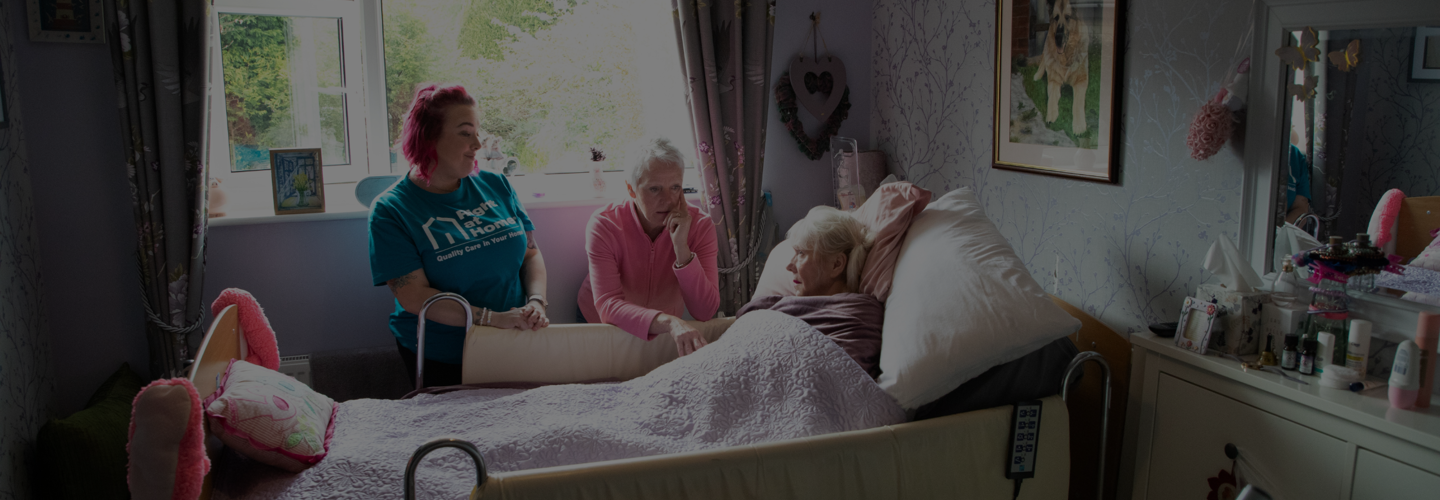
Elderly Respite Care: What It Is and Why Families Need It
Published: 12/09/2025
Being there for an ageing loved one can give you a strong sense of purpose, but it can also be relentless and exhausting. Like many designated family carers in Central London, you probably dedicate hours each day preparing meals, giving medication on time, coordinating appointments, and being there emotionally, all while juggling work or raising children of your own.
It’s a lot. And it’s OK to admit that you need a break. In fact, taking the time to rest is not selfish — it’s responsible and necessary.
Elderly respite care services give you the opportunity to step away without worrying about your loved one’s wellbeing. This short-term care is designed to support them while you take a break, which could mean anything from a few hours to run errands or a few weeks to unplug and recharge.
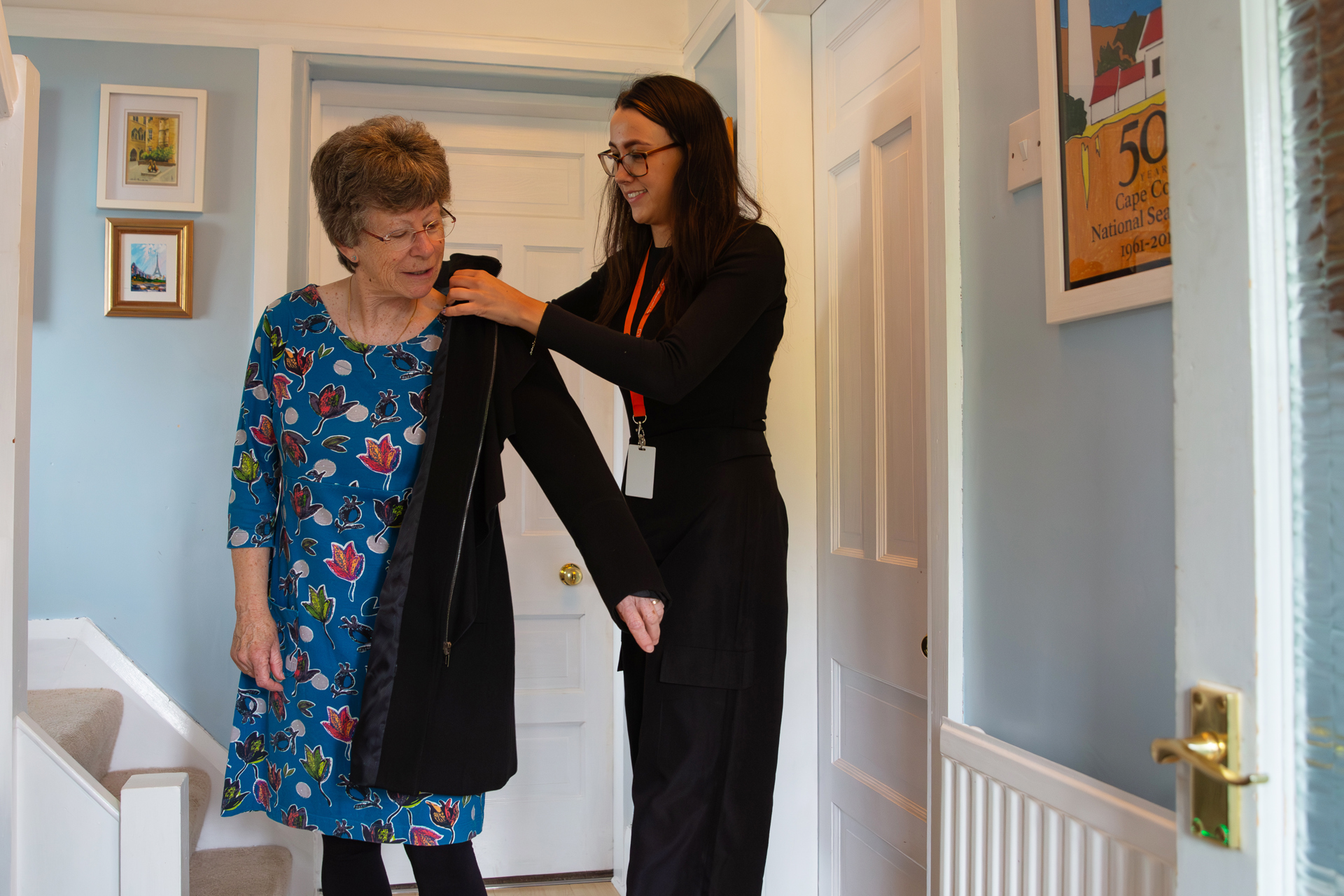
What is respite care for elderly?
At its heart, respite care protects both your well-being and your loved one’s. It’s a safe and structured pause where your loved one receives high-quality care and you get time to step back and reset. You don’t have to worry because they will continue to receive safe and attentive care from trusted respite care services in London.
Who is elderly respite care for?
Elderly respite care is anyone who needs extra help due to age, as well as due to illness, or disability.
- Older adults living with dementia, Parkinson’s, arthritis, or general age-related mobility issues
- Those with long-term conditions such as multiple sclerosis, advanced dementia, or chronic pain
- Anyone recovering from surgery or illness who might need temporary help while they heal
- Older people with physical or learning disabilities
Because every caregiving situation is different, elderly respite care can be adjusted to fit individual needs. Respite care services London can range from basic companionship to full-time assistance.
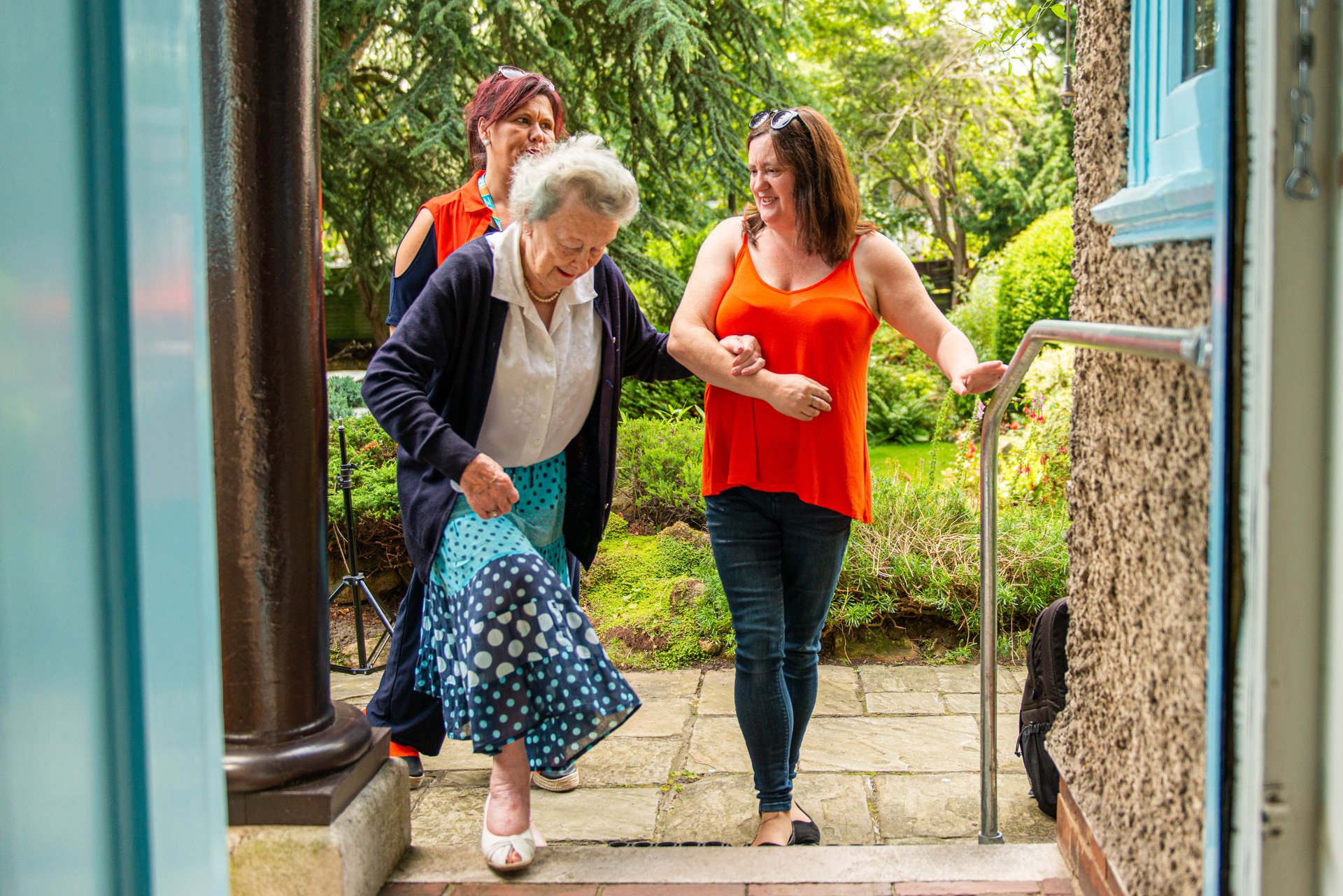
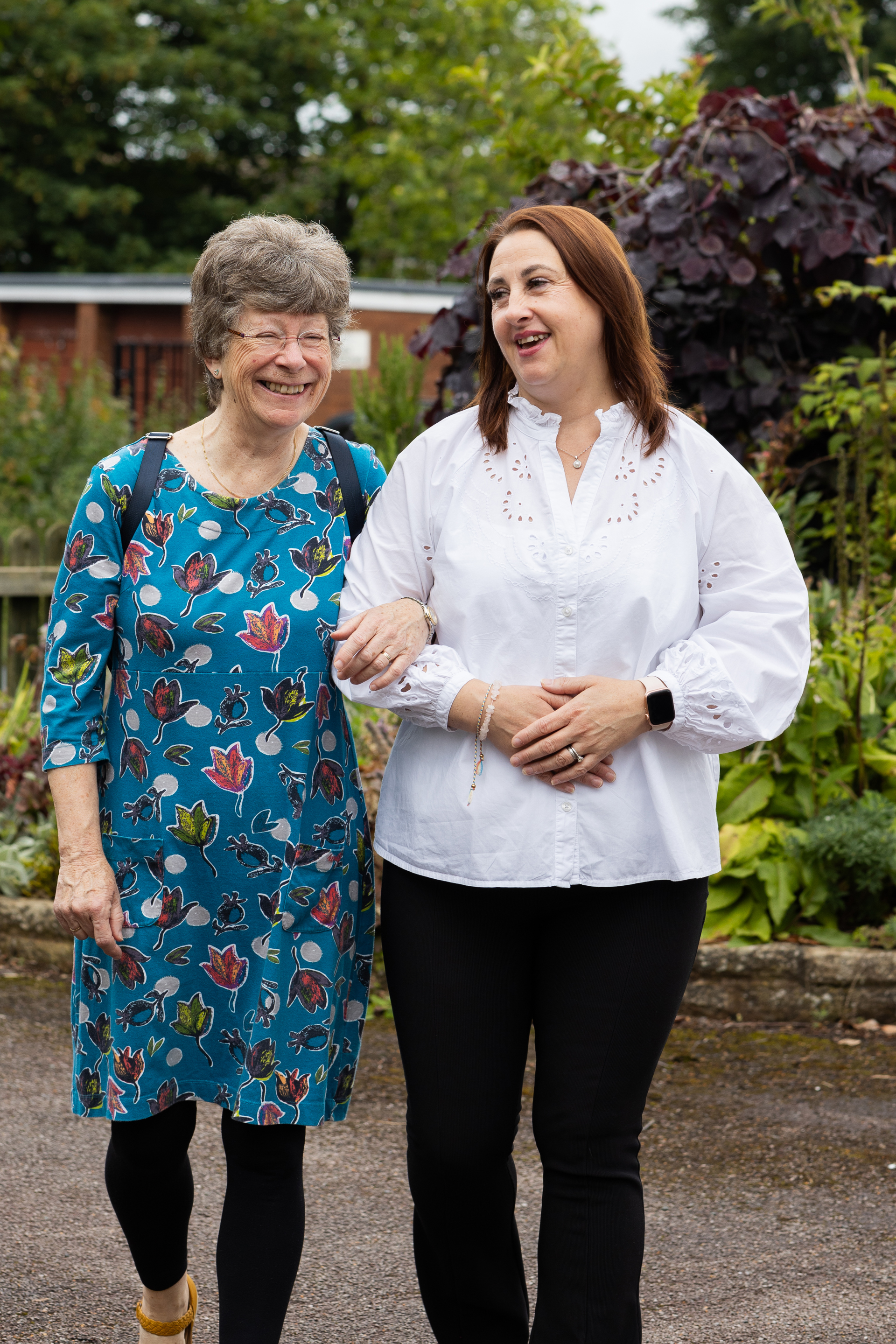
What are the different types of family caregiver support respite care?
|
Type of respite care |
What it involves |
How to arrange it |
|
Help at home from a paid carer/provider of respite care services in London |
Professional carers visit regularly or live-in with your loved one while you take a break. Frequency and duration are flexible. |
Right at Home Central London provides elderly respite care. |
|
Short stay in a care home |
Some families arrange a temporary placement for their loved one in a care home. This works well for planned time away or emergency situations, although availability can often be limited. |
Search the NHS website for residential or nursing homes that offer respite care. Some homes accept advance bookings. |
|
Day care centres |
Day centres provide social activities such as tea dances, singing sessions, and arts and crafts. Some also include personal care services like haircuts or assisted bathing. |
Contact your local council or charities for day centre availability. A needs assessment is required for council-funded care. |
|
Help from friends and family |
Family members or friends may step in to visit/stay overnight or host your loved one in their own home for a short period. |
Make informal arrangements with your trusted network of relatives, friends, or neighbours. |
|
Respite holidays |
Respite holidays give both carers and the people they care for a chance to take a break together, often with some level of support included during the trip. |
Explore options like MindforYou (for dementia), Family Fund (for low-income families with disabled children), and Family Holiday Charity (requires referral). |
|
Sitting services |
A volunteer sits with your loved one for a few hours to give you a break. |
Check services offered by Carers Trust, Age UK, Royal Voluntary Service (RVS), or Independent Age in your area. |
What are the benefits of elderly respite care for families?
Elderly respite care essentially supports your physical and mental health as a carer so that you can keep caring.
- Short breaks can help you avoid reaching a point of burnout. A few hours off each week or the chance to take a proper holiday can go a long way in helping you feel like yourself again. And because Right at Home Central London has local caregivers already supporting families in areas like Kensington, Westminster, and Chelsea, help isn’t far away when you need it.
- Elderly respite care gives you time to handle the other parts of your life. That might mean taking an hour to see your own doctor or a morning to meet a friend for coffee. Perhaps you need a few uninterrupted days to focus on your job.
Respite care services in London creates space to reconnect with other people in your life (such as your partner, your children, and your friends) and even with the person you're caring for.
It’s harder to stay patient and emotionally present when you’re constantly “on”. Many caregivers find that just a bit of distance helps them return with more energy and a clearer head.


What are the benefits of elderly respite care for your loved one?
- A change of pace can be uplifting for the person receiving care. Your mum may never say it, but she notices how tired you are. Your dad may not want to bother you when he’s feeling low. But when a respite carer steps in, they don’t have to worry about how you’re coping, and you don’t have to hide how exhausted you are. That small shift makes room to breathe.
- Chatting with someone else about something besides routines or medication can lift someone’s mood in ways that clinical care alone can’t. We’ve had clients who light up just talking to a carer who lives a few streets away, or who remembers the market that used to be where the shopping centre now stands.
- Respite care can encourage older adults to reconnect with familiar routines and rediscover small joys. Someone who hasn’t left the house much might go for a walk again if a carer suggests it. Someone who’s lost interest in hobbies might try five minutes of painting, or listen to music they haven’t played in years.
What are your options when paying for respite care?
|
How to Pay |
What It Covers |
Eligibility & What You Need to Know |
|
Local Council Funding |
Short-term residential care, day care, or in-home respite care |
You’ll need to request a needs assessment for the person receiving care and a carer’s assessment for yourself. If eligible, the council will carry out a financial assessment to determine how much funding is available. In England, savings under £23,250 may qualify for support. If your savings are below £14,250, the council may cover the full cost. You can receive care arranged directly by the council or manage it yourself with direct payments. |
|
NHS Continuing Healthcare (CHC) |
Respite care for complex medical needs, including live-in or temporary residential care |
If your loved one’s primary care needs are medical (not just social), they may qualify for NHS Continuing Healthcare. This care is fully funded, not means-tested, and arranged following an assessment by your local Integrated Care Board (ICB). |
|
Charity Grants |
In-home care, short breaks, holidays, or short residential stays |
Charities like Carers Trust, Turn2Us, and The Respite Association offer grants to support unpaid carers. These grants can help cover the cost of respite care for those who aren’t eligible for public funding. Each charity has its own application process and eligibility rules. |
|
Self-Funding |
Any form of respite care, including day centres, overnight stays, or live-in services |
If you’re not eligible for support through the council, NHS, or charities, you may need to pay privately. Respite care typically costs between £700–£800 per week, with higher rates for live-in or emergency care. You can use pension income, savings, or benefits such as Attendance Allowance or PIP to help with costs. |
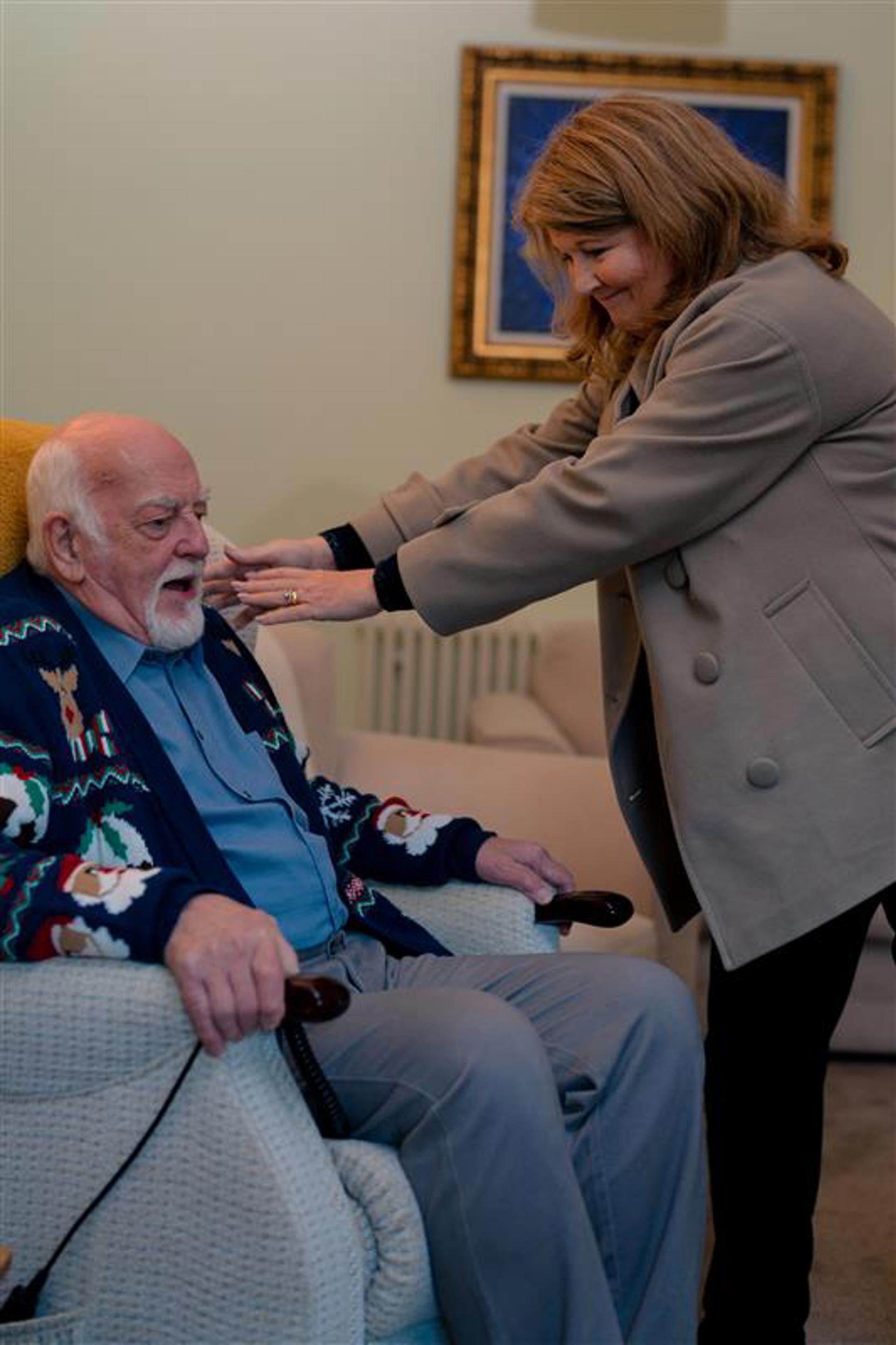
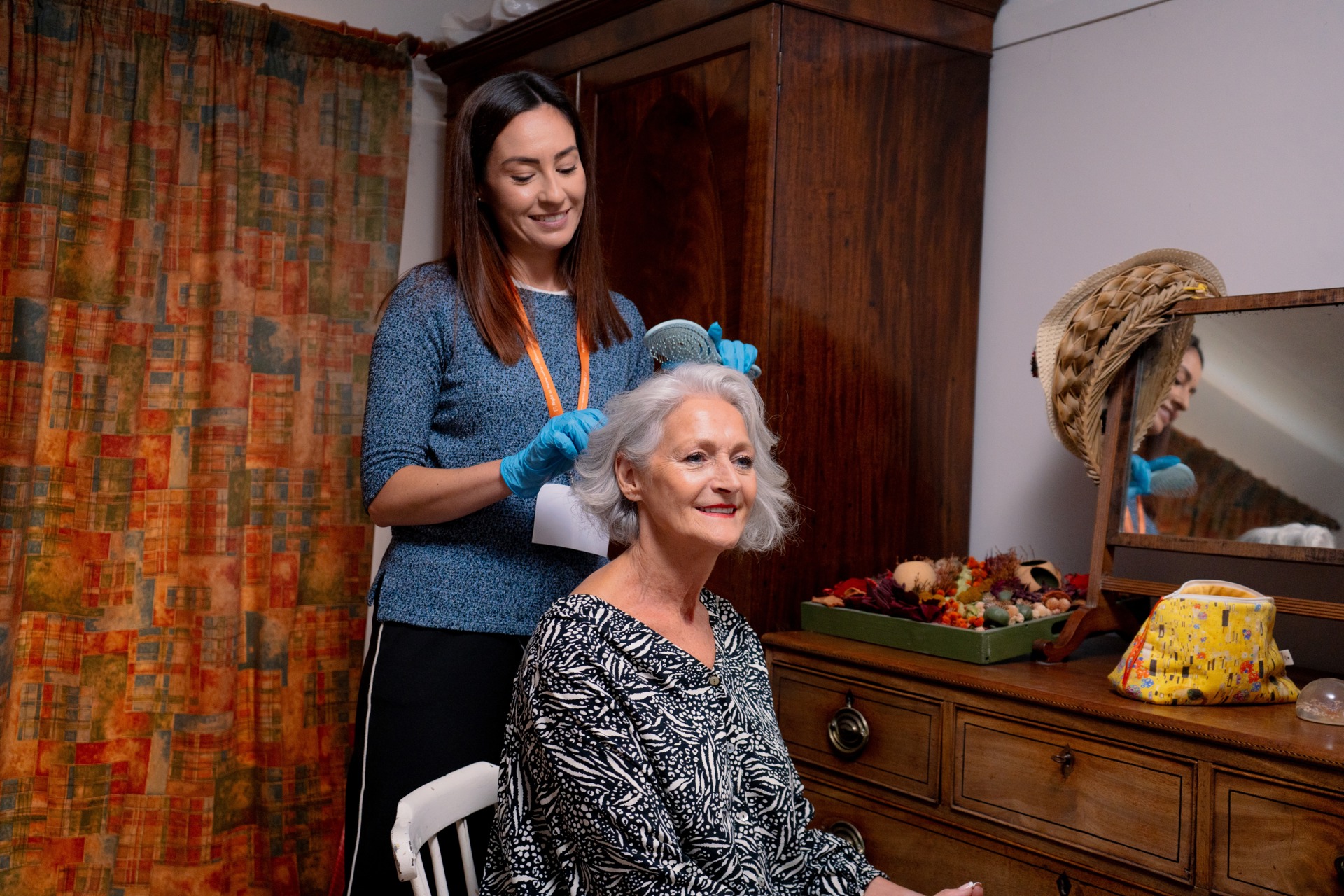
How do you know if you qualify for council-funded respite care?
Both you and the person you care for will need to go through an assessment to find out if your local council can help with the cost of respite care
- Request a carer’s assessment (this looks at how your caring responsibilities affect your health, wellbeing, and ability to cope).
- The person you care for should have a needs assessment (this reviews their daily care needs and what kind of support would help them live safely and comfortably.
You can apply for both assessments through your local social services department or by visiting GOV.UK.
These assessments can still be useful even if you don’t think you’ll qualify for funding or you’re planning to pay privately. They can help identify the right kind of support and connect you with other local services
Need a break you can feel good about?
We understand how demanding it can be to care for a loved one here at Right at Home Central London.
That’s why we provide flexible in-home elderly respite care if you need cover for an hour, a few days, or several weeks while you're away.
Our local care team supports individuals across Westminster, Kensington, Chelsea, and beyond with everything from companionship and meal prep to full personal care.
We work around your usual routines to make even short-term home care for elderly people feel familiar and reassuring.
You can go on a break knowing that your loved one is in safe, capable hands, with carers who will treat them like family.
Call us on 020 3084 7333 or send us a message to discuss the kind of respite care that would work best for your family.
